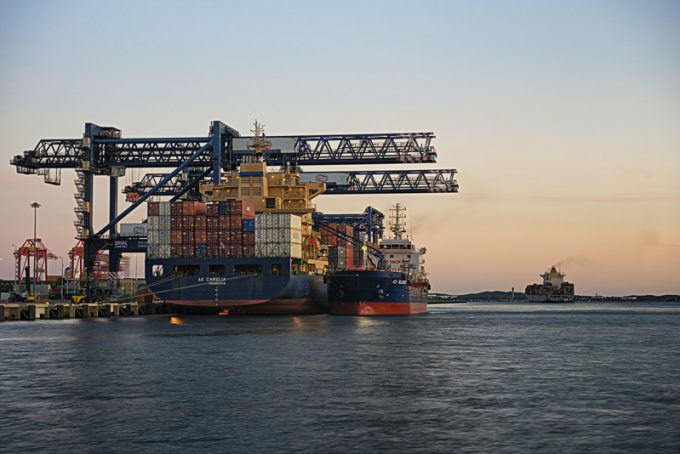Competition concerns over DP World takeover of Silk Logistics
Australia’s Competition Commission (ACCC) has flagged a series of concerns over DP World’s proposed acquisition ...

The prolonged disruption to container supply chains has left Australian businesses increasingly vulnerable, according to the Australian Competition and Consumer Commission (ACCC).
Today, the ACCC released its annual container stevedore monitoring report, which found delayed shipments and rapidly rising freight rates were putting “intense pressure” on exporters and importers.
The commission said: “A number of Australian exporters are struggling to meet their contractual obligations, and some large retailers are so concerned that their cargo will not arrive before Christmas that they are ...
Asia-USEC shippers to lose 42% capacity in a surge of blanked sailings
USTR fees will lead to 'complete destabilisation' of container shipping alliances
New USTR port fees threaten shipping and global supply chains, says Cosco
Outlook for container shipping 'more uncertain now than at the onset of Covid'
Transpac container service closures mount
DHL Express suspends non-de minimis B2C parcels to US consumers
Zim ordered to pay Samsung $3.7m for 'wrongful' D&D charges
Flexport lawsuit an 'undifferentiated mass of gibberish', claims Freightmate

Comment on this article